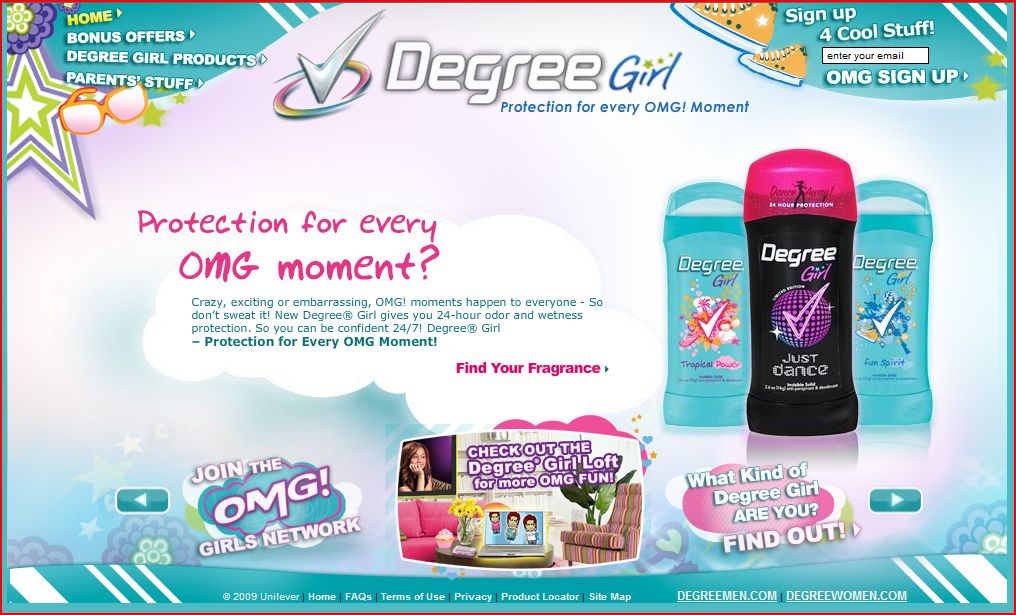
“Pregnant? Scared?” They don’t mean hemorrhoids and contractions; they mean social opprobrium and economic ruin due to stingy social services.
Jill at I Blame the Patriarchy writes:
There is only one reason that pregnancy should “scare” you: your culture hates women and kids. It especially hates teenage women. It especially hates pregnant teenage women. It especially hates teenage pregnant women who get knocked up under unapproved circumstances.
It had never occurred to me before that a generalized fear of getting pregnant is a culturally and historically contingent state of mind. But, of course, it is.
—————————
Lisa Wade is a professor of sociology at Occidental College. You can follow her on Twitter and Facebook.






